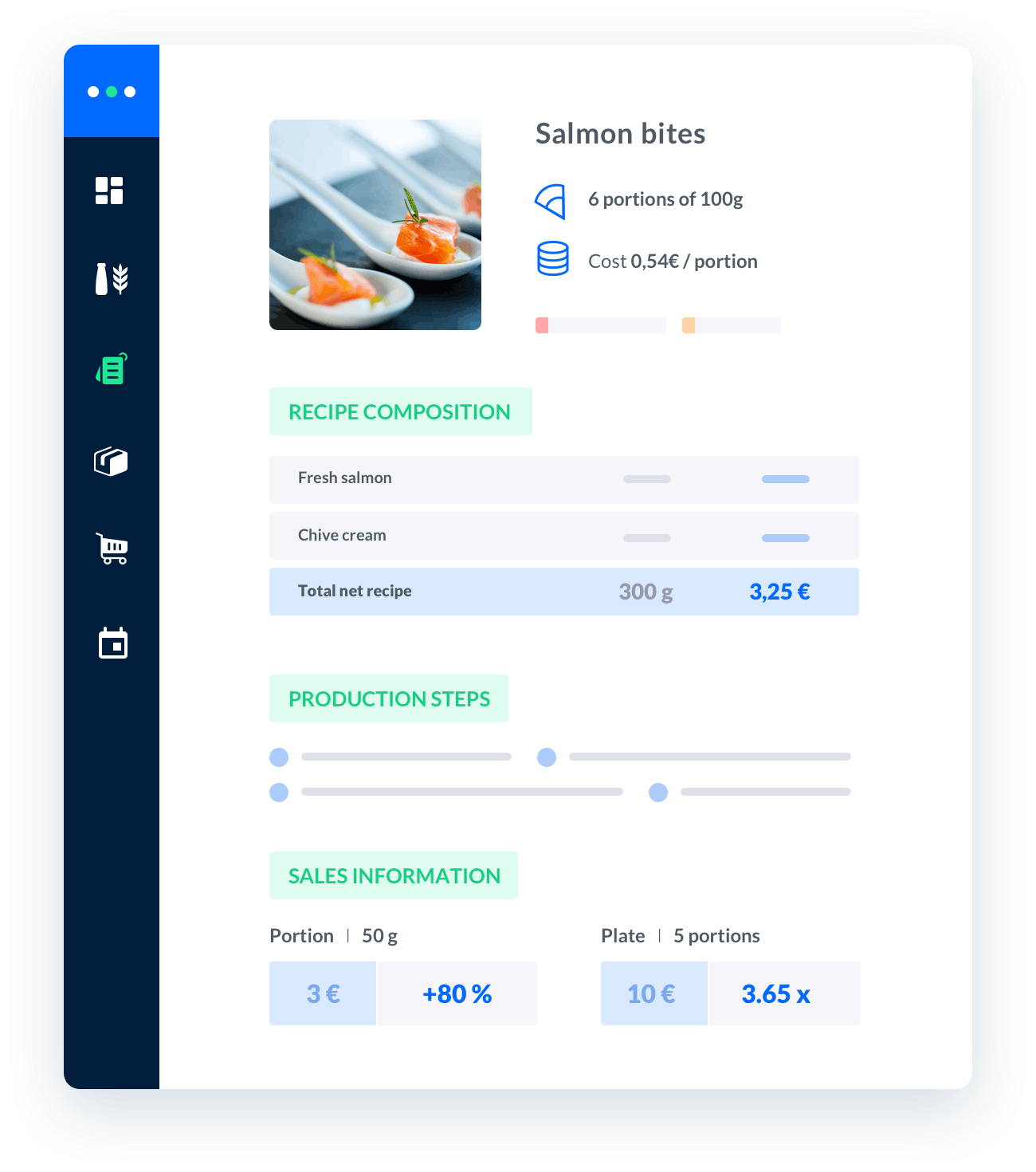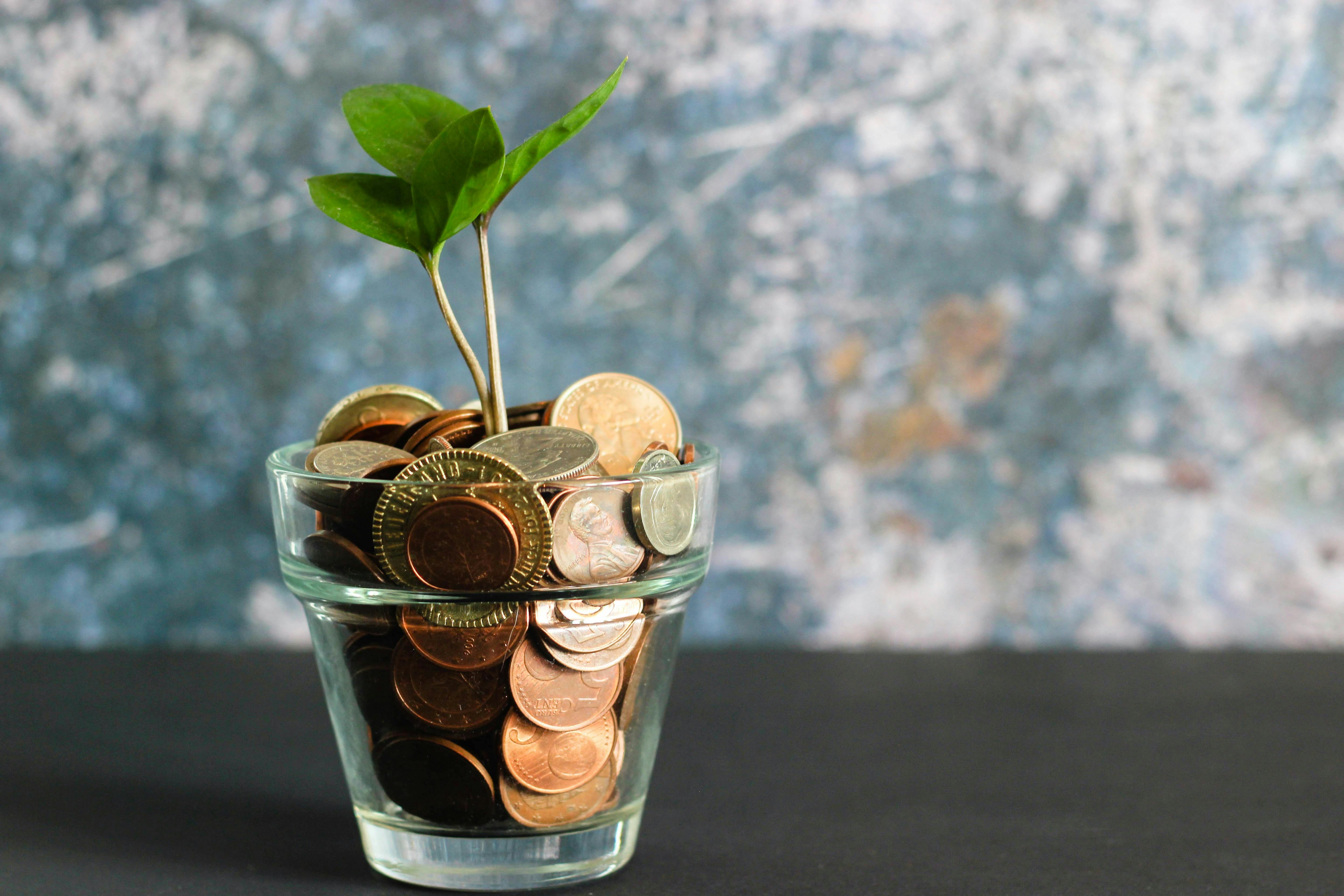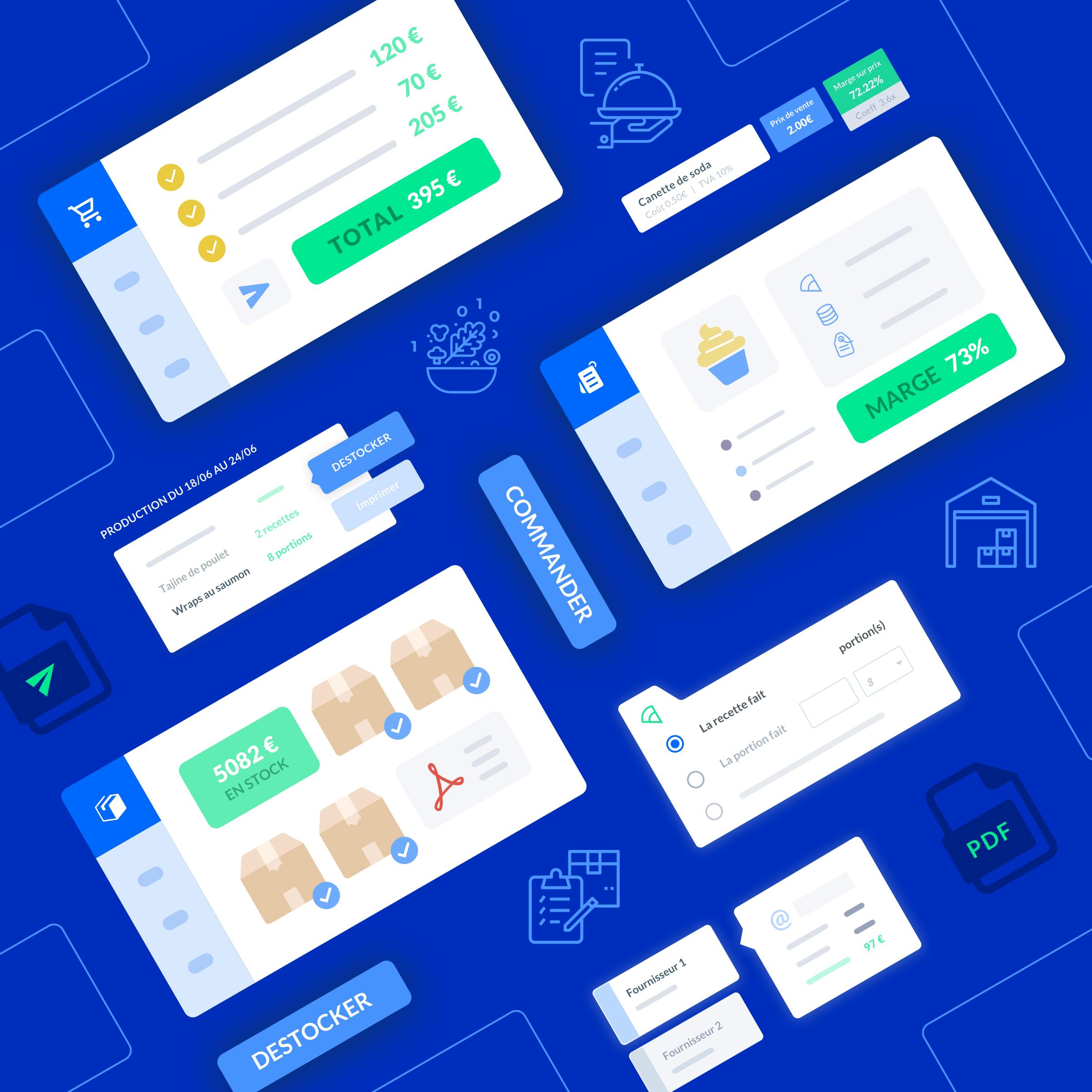how to calculate beverage cost
In the catering industry, one of the crucial aspects of running a successful business is understanding how to calculate beverage costs.Accurate beverage cost calculations enable catering professionals to manage their expenses effectively, set competitive prices, and maximize profitability.

Melba: the food cost app to optimize the profitability of your restaurant
Discover how to optimize the profitability of your restaurant with melba

The ultimate guide to food cost restaurant
Learn more about the food cost basis and how to reduce your food cost percentage
In the catering industry, one of the crucial aspects of running a successful business is understanding how to calculate beverage costs. Accurate beverage cost calculations enable catering professionals to manage their expenses effectively, set competitive prices, and maximize profitability. In this comprehensive guide, we will delve into the intricacies of beverage cost calculation, providing you with practical insights and tips to enhance your business operations. Let's dive right in!
Understanding Beverage Cost Calculation
To calculate beverage cost, you need to consider a few key factors that contribute to the overall expense of your beverages. These factors include the cost of ingredients, portion sizes, waste, and overhead costs. By accurately measuring and analyzing these components, you can determine the true cost of each beverage you serve. Let's explore each factor in detail to gain a better understanding.
1. Cost of Ingredients
The first step in calculating beverage cost is identifying the cost of ingredients used to prepare each drink. This includes the price of alcoholic and non-alcoholic beverages, mixers, garnishes, and any other components that go into the preparation. Keep track of the prices, and update them regularly to ensure accurate calculations. Consider purchasing ingredients in bulk or negotiating with suppliers to reduce costs.
2. Portion Sizes
Determining the appropriate portion sizes for your beverages is crucial for accurate cost calculations. Standardize the amount of each ingredient used in a drink and ensure consistency across your establishment. This will help you accurately measure the cost of each portion and avoid unnecessary wastage or overpouring.
3. Waste Management
Waste is an inevitable part of the catering industry, but minimizing it is essential to control costs. Monitor and track the amount of beverage waste regularly. This can occur due to spills, breakages, or expired ingredients. Implement efficient inventory management systems to prevent unnecessary waste and ensure timely restocking. By minimizing waste, you can significantly reduce your beverage costs and increase profitability.
4. Overhead Costs
In addition to ingredient costs, it's important to consider the overhead expenses associated with serving beverages. These costs include labor, utilities, rent, and other operational expenses. Allocate a portion of these overhead costs to your beverage offerings to accurately reflect the true cost of serving each drink. This will help you set appropriate prices that cover all expenses and generate profit.
Calculating Beverage Cost
Now that we've covered the key factors involved in beverage cost calculation, let's explore the step-by-step process to determine the cost per beverage accurately.
Step 1: Gather Data
Start by gathering all the necessary data, including the cost of ingredients, portion sizes, waste percentages, and overhead costs. Ensure that you have up-to-date and accurate information to obtain precise calculations.
Step 2: Calculate Ingredient Cost
For each beverage, multiply the cost of each ingredient by the amount used in a single serving. Sum up the costs of all ingredients to determine the total ingredient cost per drink.
Step 3: Account for Waste
Calculate the average percentage of beverage waste based on historical data or industry standards. Multiply the total ingredient cost by this waste percentage to include waste in your overall cost calculation.
Step 4: Factor in Overhead Costs
Determine the percentage of overhead costs that should be allocated to your beverages. This can be based on historical data or calculated using a predetermined formula. Multiply the total ingredient cost (including waste) by this percentage to include overhead costs in your beverage cost calculation.
Step 5: Calculate Selling Price
Consider your desired profit margin and the market competition when determining the selling price of each beverage. Add the beverage cost (including ingredient, waste, and overhead costs) to the desired profit margin to arrive at the final selling price.
Tips to Optimize Beverage Cost
To further optimize your beverage costs and maximize profitability, consider implementing these practical tips:
- Regular Inventory Audits: Conduct frequent audits to identify any discrepancies or theft that may impact your beverage costs. Stay vigilant and ensure accurate stock management.
- Menu Engineering: Analyze your beverage menu to identify high-profit margin items and promote their sales. Consider removing low-margin or slow-moving items to reduce costs.
- Negotiate with Suppliers: Build strong relationships with your suppliers and negotiate better pricing or discounts for bulk orders. Shop around for competitive prices without compromising on quality.
- Train Staff: Educate your staff on portion control, waste management, and accurate pouring techniques. Empower them to contribute towards cost-saving efforts.
- Monitor Trends: Stay updated with industry trends and consumer preferences. Introduce popular beverages or innovative concoctions that have the potential to attract more customers and increase revenue.
Conclusion
Calculating beverage cost is a fundamental aspect of managing a successful catering business. By accurately measuring ingredient costs, portion sizes, waste, and overhead expenses, you can determine the true cost of each beverage you serve. Remember to regularly review and update your calculations to maintain profitability. Implementing effective cost-saving strategies and monitoring industry trends will further enhance your business operations. With these insights, you are now equipped to optimize your beverage costs and drive your catering business towards greater success!






